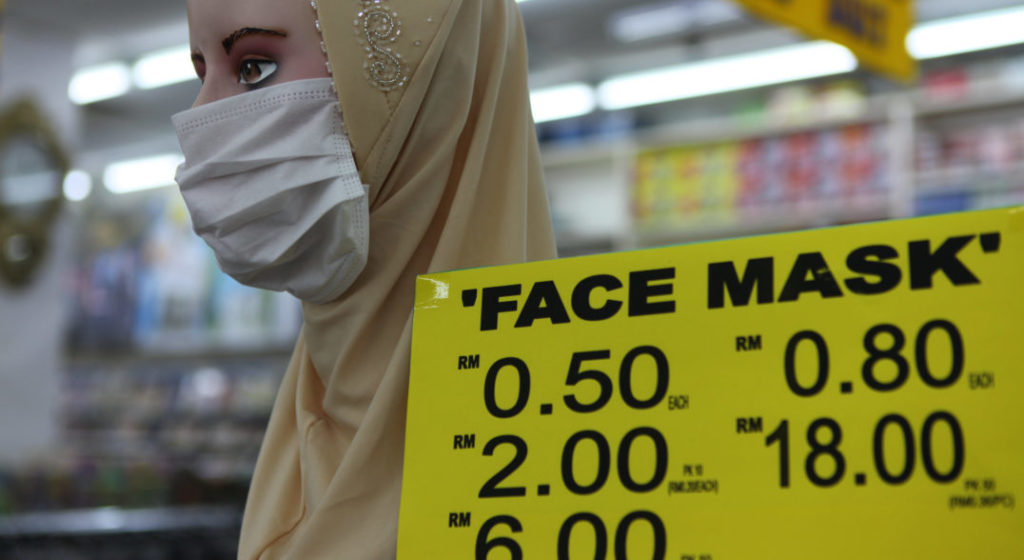“Why Face Masks Are Going Viral [Sapiens]
As the new coronavirus epidemic spreads, more and more people are wearing surgical masks—despite their questionable effectiveness. An anthropologist explores the reasons why.
Gideon Lasco is a senior lecturer of anthropology at the University of the Philippines.
https://www.sapiens.org/culture/coronavirus-mask

(…)
People’s motivation for wearing these masks goes far beyond simple considerations of medical efficacy. Cultural values, perceptions of control, social pressure, civic duty, family concerns, self-expression, beliefs about public institutions, and even politics are all wrapped up in the “symbolic efficacy” of face masks.
(…)
Scholars have proposed various additional explanations for the popularity of face masks in Japan. Some say the practice conforms with the country’s notions of cleanliness and purity. One study suggested Japanese society has lost trust in public institutions in recent decades, prompting people to become more self-protective. In another survey, Japanese people said they primarily used masks to protect themselves but that the practice also demonstrates consideration for others and a respect for etiquette. For many, masks are a kind of “safety blanket,” and the simple act of putting them on is a “risk ritual” that provides comfort and quells anxiety.
(…)
Perhaps the perception of control also informs the narratives of Filipino people I have spoken with about their decision to wear masks. “I don’t want to infect my children,” Fely (a pseudonym), a mall worker in Quezon City, told me. “Even if doctors say it’s not necessary, I will wear it anyway because my family is at stake.”
“I feel uneasy when I see others wearing masks and I’m not,” said Justine (a pseudonym), a college student in Manila, adding that “there’s nothing to lose” by wearing them.
(…)
Disease epidemics set off an “epidemic of explanation,” in which societies search for a cause of the contagion, according to medical sociologist Philip Strong. At the same time, outbreaks heighten preexisting fears of societal dangers, which can cause flare ups of racial, social, and economic prejudices. The subsequent symptoms can include stigma, exclusion, and what cultural anthropologist Mary Douglas calls a politicized “blaming system.”
(…)
Anthropologists have explored these varying responses. In times of scarcity, some groups become more selfish. Others uphold reciprocity, a powerful and universal human value. And many communities practice “need-based transfer”—based on the idea that, in times of trouble, people help because they assume others would do the same for them.
Following the eruption of the Taal volcano in the Philippines, face masks became the currency not just of greed but also of goodwill. One of the most iconic images of the crisis is a photo of a man distributing free masks to help protect people from inhaling ashfall.
Face masks are likely to become increasingly common as the climate crisis exacerbates wildfires and other natural disasters, as air pollution worsens in many cities, and as global connectivity heightens the risk of pandemics. As masks become more integrated into everyday life, they will continue to reveal facets of human cultures as much as they conceal our faces.”
